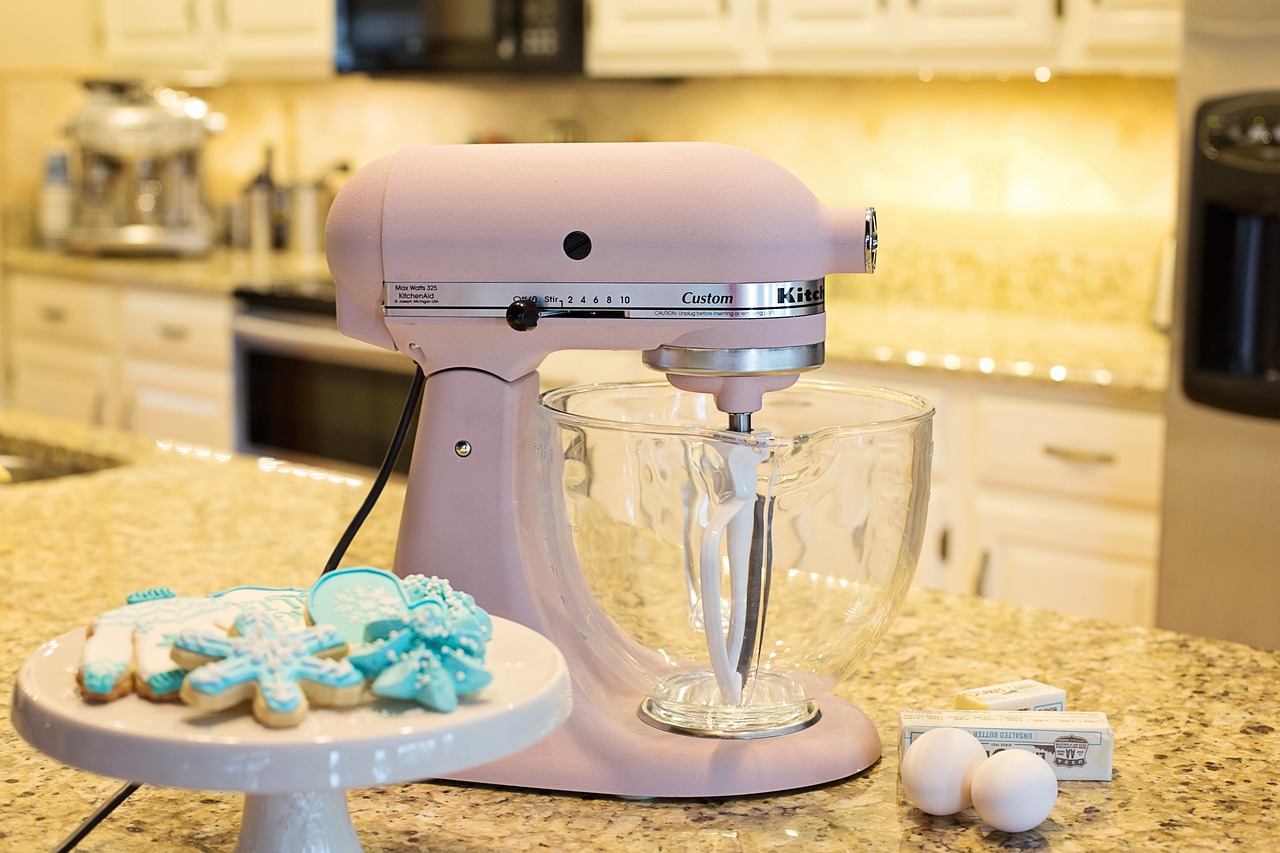The legalization of medical marijuana has revolutionized healthcare options for patients with qualifying conditions across the United States. New York, which passed its Compassionate Care Act (CCA) in 2014, was one of the early adopters of medical marijuana. The key to accessing cannabis for medicinal purposes in New York is obtaining an MMJ Card, or Medical Marijuana Card. This article offers a comprehensive look at what the MMJ card is, how to obtain one, the benefits it provides, and the regulations governing its use in New York.
What Is an MMJ Card?
An M CardMJ (Medical Marijuana Card) is an official identification card that allows registered patients to legally purchase, possess, and consume medical marijuana. Issued by the New York State Department of Health (DOH), the card grants patients access to medical cannabis products, such as oils, tinctures, edibles, vaporizers, and topicals, at licensed dispensaries within the state.
The MMJ card system is part of the broader New York State Medical Marijuana Program (MMP), which aims to provide patients with an alternative treatment for certain medical conditions. It ensures that only individuals who meet specific medical requirements can access marijuana for therapeutic purposes, maintaining a regulated and controlled environment for medical cannabis usage.
Eligibility for an MMJ Card in New York
To be eligible for an MMJ card in New York, patients must meet the following two primary criteria:
- Qualifying Medical Conditions
New York has a set of qualifying medical conditions that allow patients to access medical marijuana. These conditions are considered serious and chronic, and they typically do not respond well to traditional pharmaceutical treatments. Some of the qualifying conditions include:- Cancer
- HIV/AIDS
- Parkinson’s disease
- Multiple sclerosis
- Epilepsy
- Chronic pain
- Neuropathy
- Crohn’s disease
- Inflammatory bowel disease
- Post-traumatic stress disorder (PTSD)
- Autism
- Alzheimer’s disease
- Huntington’s disease
Patients who suffer from any of these conditions can apply for an MMJ card. New York’s law also allows for the inclusion of additional medical conditions, as long as they meet certain criteria and are approved by the state’s Department of Health.
- Recommendation from a Licensed Healthcare Provider
A key requirement for obtaining an MMJ card in New York is receiving a recommendation from a licensed healthcare provider registered with the state’s medical marijuana program. This physician must evaluate the patient’s condition and medical history to determine whether medical marijuana is an appropriate treatment option.The healthcare provider must be registered with the state to recommend medical marijuana. They are required to assess the patient’s condition, discuss the potential benefits and risks of cannabis treatment, and decide if it is in the patient’s best interest to proceed with a recommendation.
The Process of Applying for an MMJ Card in New York
The process of obtaining an MMJ card in New York is straightforward but involves several important steps. Here’s a detailed breakdown:
- Consult a Registered Healthcare Provider
The first step in obtaining an MMJ card is to consult a healthcare provider who is certified to recommend medical marijuana. This could be a primary care doctor or a specialist who understands the patient’s medical history and conditions. The doctor will review the patient’s health and determine whether medical marijuana is an appropriate course of treatment.If the doctor agrees, they will provide a recommendation for medical marijuana use, which is required to proceed with the application. It’s important to note that not all doctors are willing to recommend medical marijuana, so patients may need to seek out a physician who is supportive of this treatment.
- Register with the New York Medical Marijuana Program
Once a recommendation is provided, the patient must register online with the New York State Medical Marijuana Program. Registration requires submitting personal information, including identification and contact details, as well as providing medical history. The state will verify that the patient meets the requirements for receiving an MMJ card.During the registration process, patients must also upload a valid ID, such as a state-issued driver’s license or passport, as proof of identity. Additionally, the patient must provide the healthcare provider’s recommendation.
- Pay the Application Fee
The application for an MMJ card requires a fee, typically around $50. This fee is used to cover administrative costs associated with processing the application. It is important to note that some patients who are eligible for Medicaid may qualify for a fee waiver, meaning they will not have to pay the application fee. - Approval and Issuance of the MMJ Card
After the state processes the registration, the patient will receive a provisional approval letter. This letter allows the patient to purchase medical marijuana from licensed dispensaries, even before receiving the official MMJ card. Once all paperwork is complete, the state will issue the official MMJ card. The card is typically valid for one year from the date of issuance.
Benefits of the MMJ Card
The MMJ card offers several benefits to patients in New York, ensuring both legal access and a safer medical cannabis experience. Here are the key advantages:
- Access to Medical Marijuana
The primary benefit of the MMJ card is that it allows patients to legally obtain medical marijuana. With an MMJ card, patients can visit licensed dispensaries throughout New York and purchase marijuana products, which are strictly regulated for safety, quality, and potency. - Legal Protection
In New York, possessing marijuana without an MMJ card is illegal, even if the individual has a medical condition. Having an MMJ card provides legal protection, meaning patients can use marijuana without fear of arrest or legal consequences. - Safe and Regulated Products
Medical marijuana products available at licensed dispensaries are subject to rigorous safety standards. These products are tested for contaminants, including pesticides and mold, ensuring that patients receive high-quality, safe, and consistent products. - Access to Expert Guidance
Dispensaries in New York employ knowledgeable staff who can provide guidance to patients in selecting the right cannabis products for their specific needs. These professionals understand the various strains, dosages, and consumption methods, and can offer tailored advice to maximize the benefits of medical marijuana. - Reduced Costs through Discounts
Many licensed dispensaries in New York offer discounts to MMJ cardholders, especially for veterans and those who qualify for Medicaid. Patients can benefit from lower prices, making medical marijuana more affordable, especially for those who require ongoing treatments.
Renewing Your MMJ Card
An MMJ card in New York is typically valid for one year. To renew the card, patients must visit their healthcare provider for an evaluation to ensure that medical marijuana is still a suitable treatment option. If the healthcare provider approves, the patient can submit their renewal application, which includes updated medical records, proof of the physician’s recommendation, and the renewal fee.
Restrictions on the Use of Medical Marijuana in New York
While medical marijuana is legal in New York for registered patients, there are several important restrictions that users must follow:
- No Smoking in Public Places
Smoking marijuana is prohibited in public spaces, including parks, schools, and workplaces. Patients must consume marijuana in private settings where smoking is allowed. - No Driving Under the Influence
Similar to alcohol, driving under the influence of marijuana is illegal and can result in criminal penalties. Patients should avoid operating vehicles or heavy machinery while using marijuana. - Possession Limits
Patients with an MMJ card are allowed to possess a specific amount of marijuana, typically a 30-day supply. The exact quantity allowed may vary depending on the form of cannabis (flower, edibles, oils, etc.). - No Home Cultivation
Unlike some other states, New York does not permit patients to cultivate their own marijuana at home. All medical cannabis must be obtained through licensed dispensaries.
Conclusion
Obtaining an MMJ card in New York opens up many avenues for patients who need medical marijuana to manage chronic conditions or alleviate symptoms that traditional medications have not addressed. The process is straightforward, but it requires patients to work closely with their healthcare providers and follow state regulations carefully. By acquiring the MMJ card, patients gain access to a range of safe, high-quality cannabis products, enjoy legal protection, and benefit from a system designed to ensure their health and safety. Whether patients are seeking relief from chronic pain, PTSD, or any other qualifying condition, the MMJ card provides an important tool for enhancing their quality of life.















